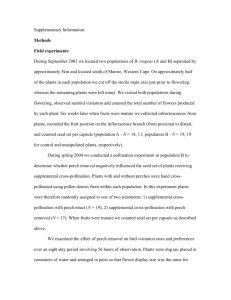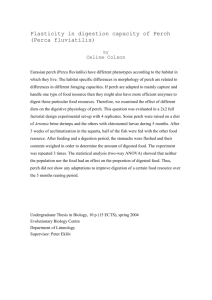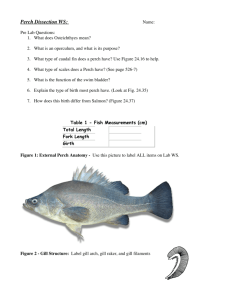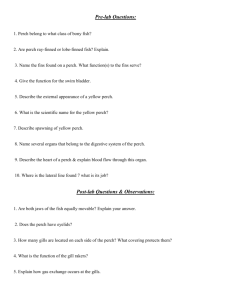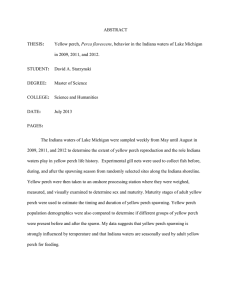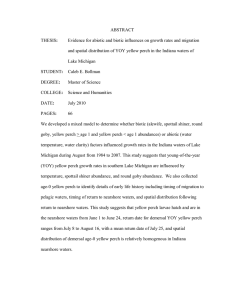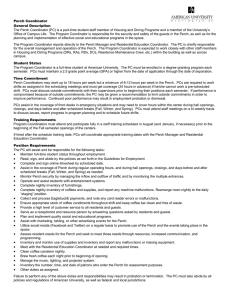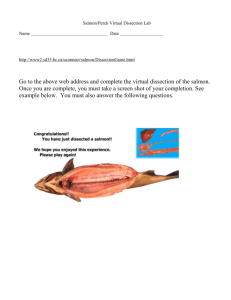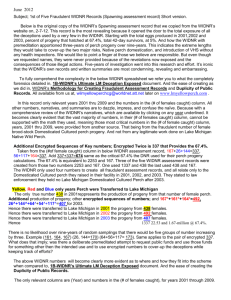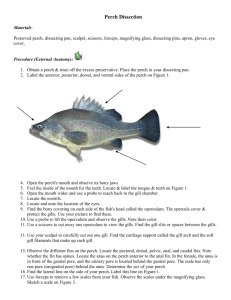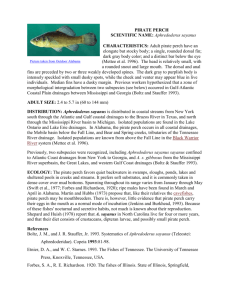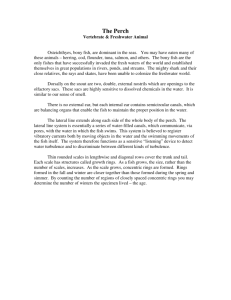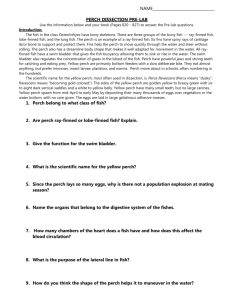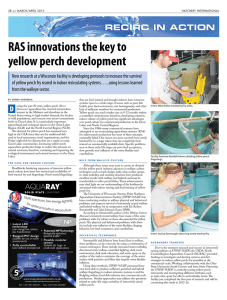Raptor Warming Perches - The Georgia Falconry Association
advertisement
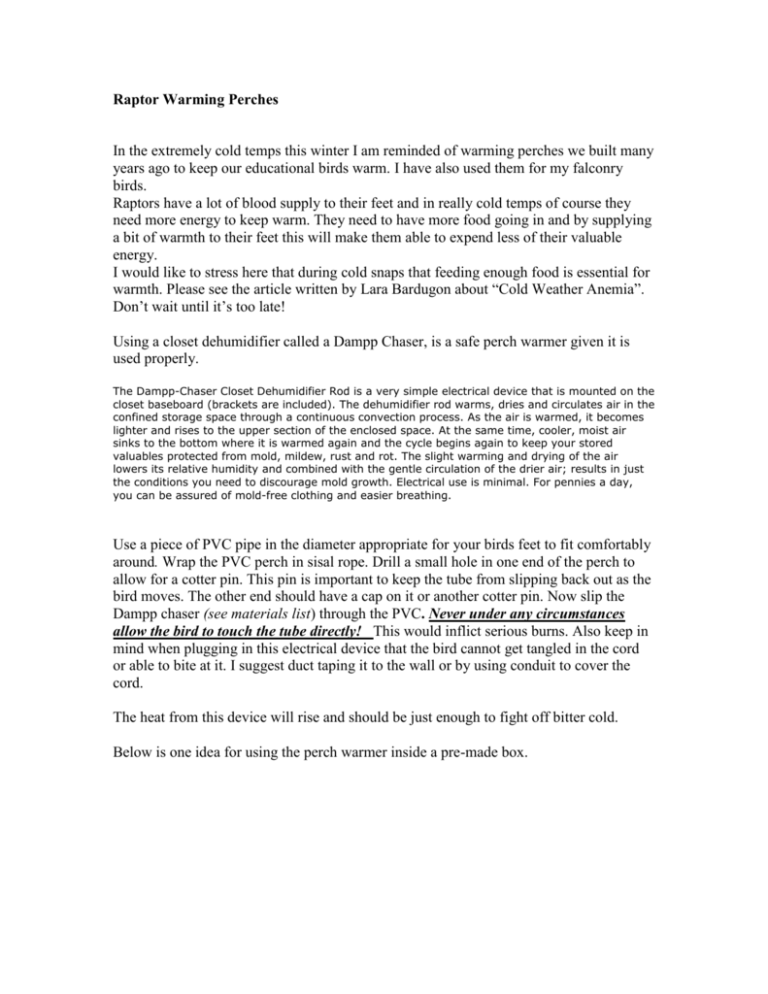
Raptor Warming Perches In the extremely cold temps this winter I am reminded of warming perches we built many years ago to keep our educational birds warm. I have also used them for my falconry birds. Raptors have a lot of blood supply to their feet and in really cold temps of course they need more energy to keep warm. They need to have more food going in and by supplying a bit of warmth to their feet this will make them able to expend less of their valuable energy. I would like to stress here that during cold snaps that feeding enough food is essential for warmth. Please see the article written by Lara Bardugon about “Cold Weather Anemia”. Don’t wait until it’s too late! Using a closet dehumidifier called a Dampp Chaser, is a safe perch warmer given it is used properly. The Dampp-Chaser Closet Dehumidifier Rod is a very simple electrical device that is mounted on the closet baseboard (brackets are included). The dehumidifier rod warms, dries and circulates air in the confined storage space through a continuous convection process. As the air is warmed, it becomes lighter and rises to the upper section of the enclosed space. At the same time, cooler, moist air sinks to the bottom where it is warmed again and the cycle begins again to keep your stored valuables protected from mold, mildew, rust and rot. The slight warming and drying of the air lowers its relative humidity and combined with the gentle circulation of the drier air; results in just the conditions you need to discourage mold growth. Electrical use is minimal. For pennies a day, you can be assured of mold-free clothing and easier breathing. Use a piece of PVC pipe in the diameter appropriate for your birds feet to fit comfortably around. Wrap the PVC perch in sisal rope. Drill a small hole in one end of the perch to allow for a cotter pin. This pin is important to keep the tube from slipping back out as the bird moves. The other end should have a cap on it or another cotter pin. Now slip the Dampp chaser (see materials list) through the PVC. Never under any circumstances allow the bird to touch the tube directly! This would inflict serious burns. Also keep in mind when plugging in this electrical device that the bird cannot get tangled in the cord or able to bite at it. I suggest duct taping it to the wall or by using conduit to cover the cord. The heat from this device will rise and should be just enough to fight off bitter cold. Below is one idea for using the perch warmer inside a pre-made box. Hawk Box for perch warmer 26” x 24” Picture using a giant hood (wooden box) without a door on it to serve as an insulator and a warm perch inside. This can only be used for free lofted birds. The one pictured below has no bottom to allow poop to fall to the ground instead, but it is in an area protected from high winds and hung on a wall facing the east. In areas where wind is a problem I suggest having a bottom on it as well. Two holes are cut in the sides of it so that a piece of PVC perch will slide through it. I am sure someone with a little more carpentry or engineering skills could come up with a method to work in other housing designs as long as the safety criteria is used. Here is one website for the Dampp Chaser. www. yourgreenhealthyhome.com/drying-rod24.html The Dampp Chasers are also used inside pianos so one might check with a local music store to see if they carry them. If anyone has any questions I will be happy to try and answer them, just zip me an email. Debbie Tennyson Eaglesky1@gmail.com
